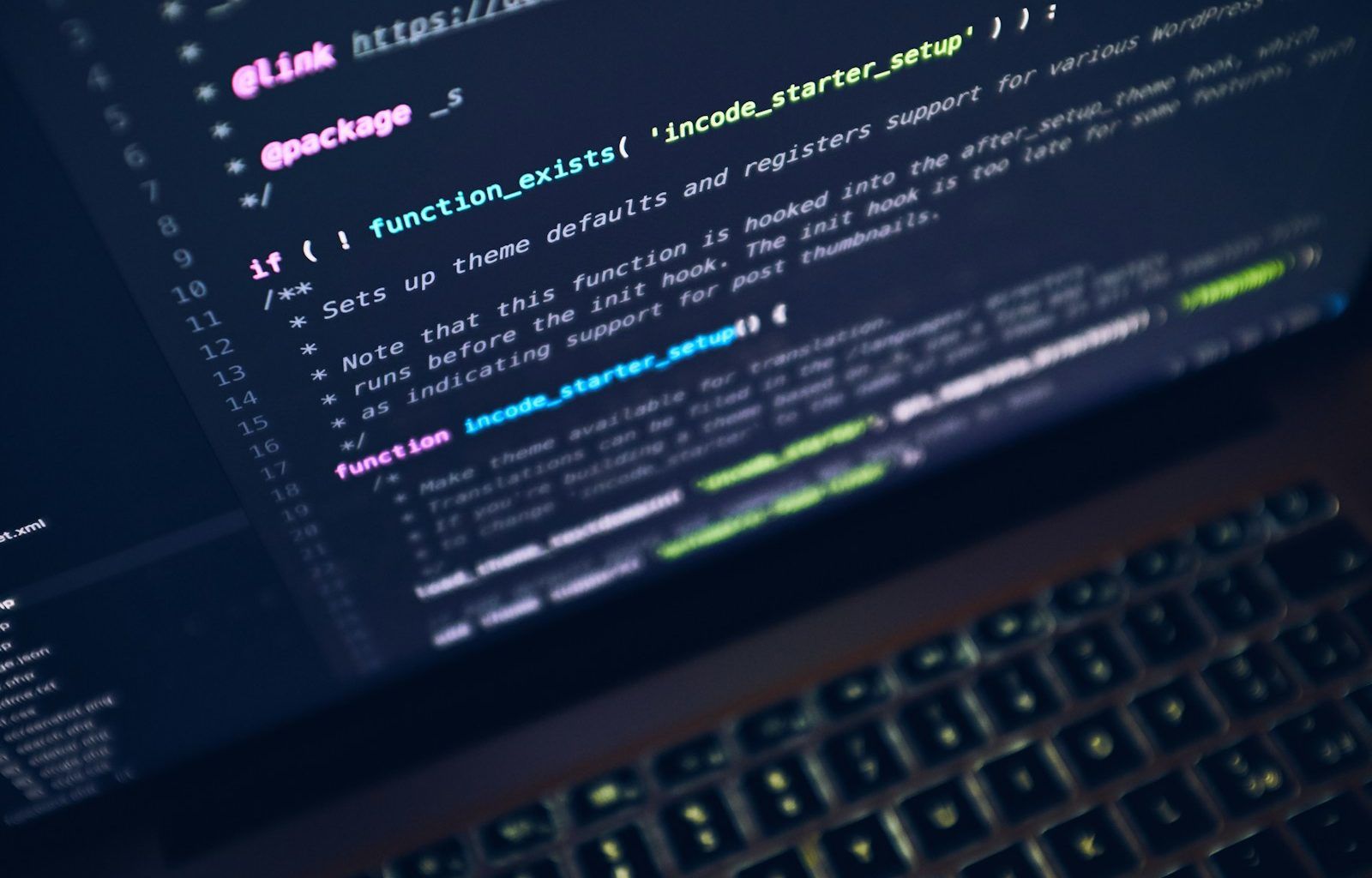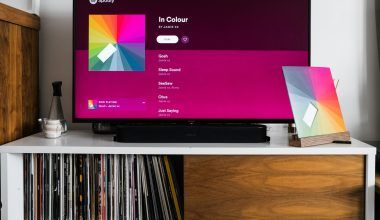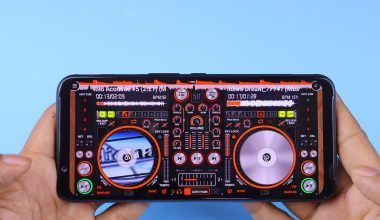If you’ve ever wondered how songs are identified worldwide, the answer lies in a small yet powerful tool called the ISRC code. Let’s break it down in a simple way so anyone can understand.
ISRC stands for International Standard Recording Code. It’s essentially a unique identifier for sound recordings and music videos. Think of it like a digital fingerprint for a song or a video. No two recordings can have the same ISRC code, which makes it incredibly useful for tracking and identifying music across the globe.
You might be asking, “Why does my music need an ISRC code?” Great question! Whether you’re an independent artist, a record label, or someone who loves understanding how things work, knowing about ISRC codes can help you navigate the music industry better.
Why Is an ISRC Code Important?
Imagine releasing your music online. It’s being streamed on platforms like Spotify, Apple Music, and YouTube. It might even be played on the radio. How does anyone keep track of all these plays to ensure you get paid? This is where the ISRC code comes into play.
An ISRC code allows music platforms, radio stations, and copyright organizations to track your music accurately. It’s like giving your song a name tag that everyone recognizes. With this system, royalties can be collected and distributed fairly. Without it, your hard work might not get the recognition or compensation it deserves.
Another benefit of having an ISRC code is the protection it offers. In a world where content piracy is common, an ISRC code ensures that your music or video can be traced back to you. It’s proof of ownership, making it easier to claim your rights if someone tries to misuse your work.
How Does an ISRC Code Work?
The structure of an ISRC code might seem a bit complicated at first, but it’s actually quite logical. Each ISRC code has 12 characters divided into four parts:
- Country Code: The first two characters represent the country where the ISRC code was issued. For example, “US” stands for the United States, and “GB” stands for Great Britain.
- Registrant Code: The next three characters identify the organization or person that registered the ISRC code.
- Year of Reference: The following two characters indicate the year the code was assigned.
- Designation Code: The final five characters are a unique identifier for that specific recording or video.
Let’s look at an example: US-ABC-23-00001. Here, “US” is the country code, “ABC” is the registrant code, “23” is the year 2023, and “00001” is the unique designation for that recording.
Who Needs an ISRC Code?
Now, let’s talk about who actually uses ISRC codes. Spoiler alert: it’s not just for big-name artists or record labels. In fact, if you’re creating music or videos and plan to share them publicly, you’ll likely need an ISRC code.
Independent Artists: If you’re an independent musician releasing your own songs, you’ll want to get an ISRC code for each track. It’s essential for making your music available on streaming platforms and ensuring you get paid for every play.
Record Labels: For record labels, ISRC codes are a standard part of the release process. They help manage large catalogs of music and make sure every song is properly tracked.
Music Video Producers: Just like audio recordings, music videos need ISRC codes too. If you’re creating visuals to go along with your music, this code ensures everything stays organized.
Content Distributors: Companies that help artists distribute their music to platforms like Spotify or YouTube also rely on ISRC codes. It’s a critical part of their workflow to ensure accurate reporting and payments.
How Do You Get an ISRC Code?
Getting an ISRC code might sound intimidating, but it’s easier than you think. Here’s how you can do it:
1. Contact a National ISRC Agency: Every country has a designated agency responsible for issuing ISRC codes. For example, in the United States, you can get your ISRC codes through the Recording Industry Association of America (RIAA). In other countries, similar organizations handle this process.
2. Use a Distributor: Many music distribution services, like DistroKid, TuneCore, or CD Baby, will assign ISRC codes to your tracks as part of their service. This is a great option if you’re already using one of these platforms to release your music.
3. Register as a Registrant: If you’re releasing a lot of music or want more control, you can register as an ISRC registrant. This gives you the ability to generate your own ISRC codes whenever you need them.
What Happens Without an ISRC Code?
You might be wondering, “Can I release my music without an ISRC code?” Technically, yes, but it’s not a good idea. Without an ISRC code, tracking and monetizing your music becomes much harder. Streaming platforms and radio stations won’t have a reliable way to identify your work, which can lead to lost royalties.
Plus, not having an ISRC code makes it harder to prove ownership. If someone copies your music or uses it without permission, you might struggle to take legal action. An ISRC code acts as a digital receipt, proving that you’re the rightful owner.
Common Misconceptions About ISRC Codes
Let’s clear up a few myths about ISRC codes:
1. They’re Expensive: Many people think ISRC codes cost a lot, but that’s not true. In fact, many distributors include them for free, and registering directly through an agency is often affordable.
2. They’re Only for Big Artists: This is another myth. ISRC codes are for everyone—from bedroom musicians to chart-topping artists. If you’re creating music or videos, you need one.
3. They’re Hard to Get: As we’ve seen, obtaining an ISRC code is straightforward. With a little research or help from a distributor, you can get your codes in no time.
How ISRC Codes Benefit the Music Industry
The music industry is vast and constantly evolving. ISRC codes play a vital role in keeping things organized. Here are a few key benefits:
- Accurate Royalty Tracking: With millions of songs being played every day, ISRC codes ensure that artists and rights holders get paid fairly.
- Global Recognition: No matter where your music is played, the ISRC code makes it recognizable.
- Better Analytics: Platforms can provide detailed insights into how and where your music is being played.
- Legal Protection: ISRC codes act as proof of ownership, helping resolve disputes quickly.
Final Thoughts
By now, you should have a clear understanding of what an ISRC codes is and why it’s so important. Whether you’re an artist, producer, or music enthusiast, knowing about ISRC codes can help you appreciate the complexities of the music industry.
If you’re releasing music or videos, don’t skip this step. An ISRC codes is a small investment of time and effort that can make a big difference in protecting your work and ensuring you get the recognition you deserve.
So, the next time you upload a song or watch a music video, remember the tiny yet powerful ISRC codes working behind the scenes. It’s the unsung hero of the music world, ensuring that creativity gets the credit it deserves.
For further reading, explore these related articles:
- Black Female Rappers: Their Journey, Struggles, and Unstoppable Power
- The White Stripes: A Simple and Powerful Band That Changed Music Forever
For additional resources on music marketing and distribution, visit DMT Records Pvt. Ltd..






